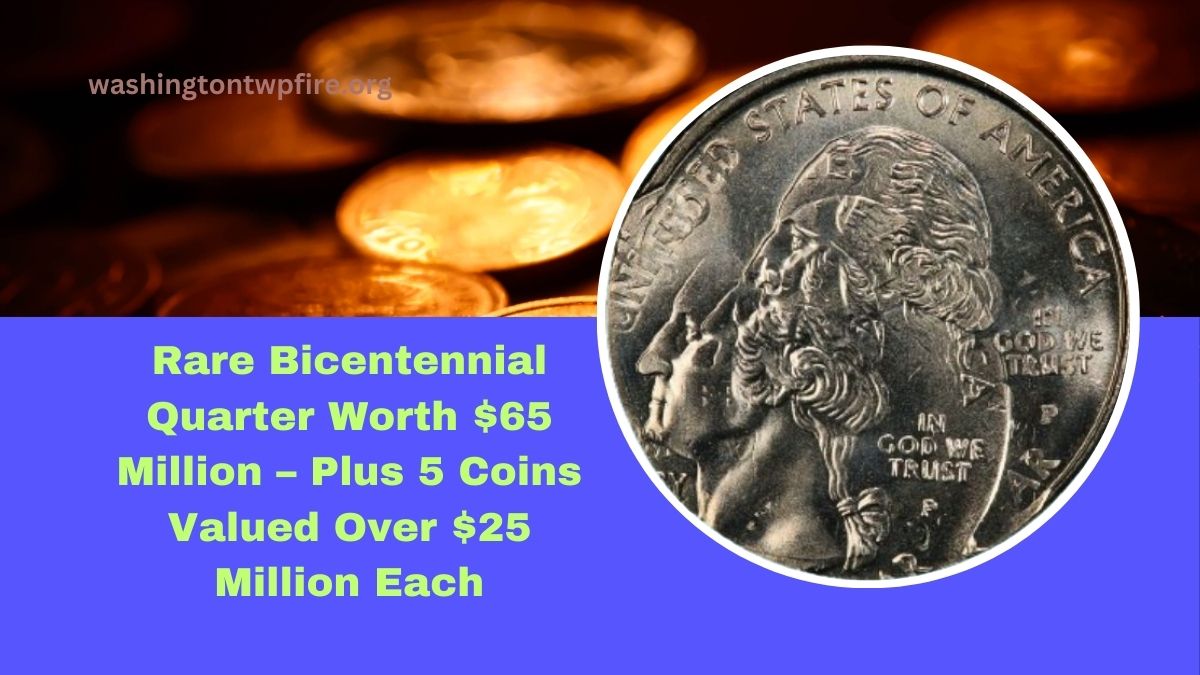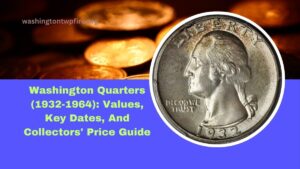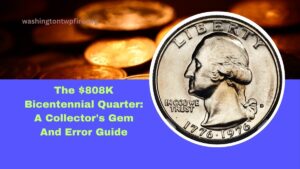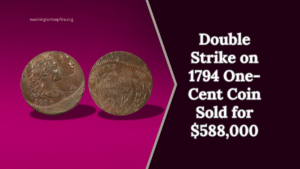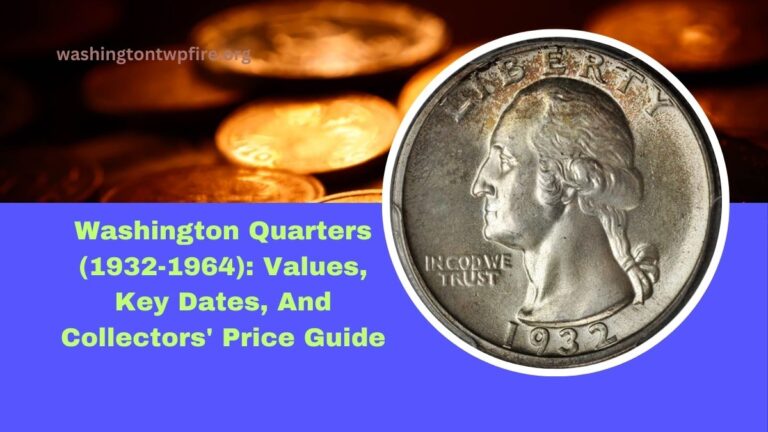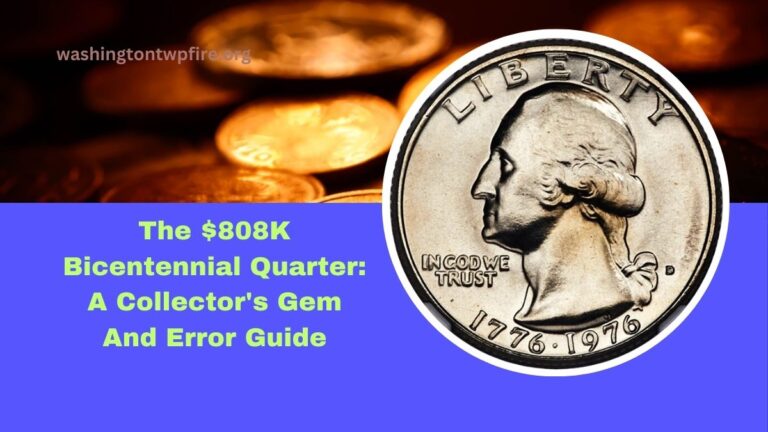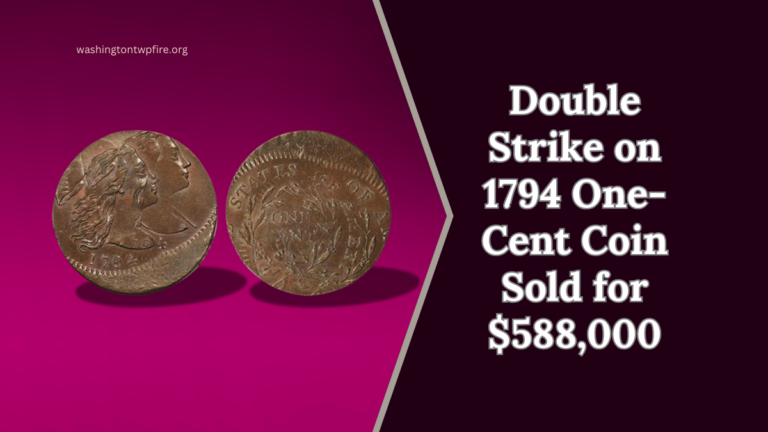The world of rare coins is filled with fascinating treasures, and the Bicentennial Quarter stands as one of the most iconic pieces in American numismatic history. Known for its unique design and historical significance, one such Bicentennial Quarter has been valued at an astonishing $65 million due to its rarity and exceptional features.
Additionally, there are five other coins that have fetched over $25 million each, making coin collecting an enticing prospect for investors and collectors alike.
The $65 Million Bicentennial Quarter
The Bicentennial Quarter, minted in 1975 and 1976 to commemorate the 200th anniversary of American independence, features a dual date “1776-1976” and a special reverse design showcasing a colonial drummer. While millions of these coins were minted, certain rare versions have become extraordinarily valuable.
Why Is This Bicentennial Quarter Worth $65 Million?
- Unique Error: A combination of striking and planchet errors has made this coin one-of-a-kind.
- Grade: Graded as MS68 (Mint State 68) by professional grading services, this coin is in nearly flawless condition.
- Provenance: Its impeccable history and documentation add to its immense value.
- Rarity: Being a unique error coin, it has no direct equivalent in circulation.
Other Rare Coins Worth Over $25 Million
Besides the Bicentennial Quarter, several coins have surpassed the $25 million mark in value due to their rarity, historical significance, and pristine condition. Here are five examples:
| Coin | Year | Key Feature | Approximate Value |
|---|---|---|---|
| 1933 Saint-Gaudens Double Eagle | 1933 | Only a few legal specimens exist | $18 – $25 Million |
| 1794 Flowing Hair Silver Dollar | 1794 | First U.S. silver dollar | $30 – $40 Million |
| 1943 Copper Lincoln Cent | 1943 | Minted in copper instead of steel | $1 – $3 Million |
| 1913 Liberty Head Nickel | 1913 | Only five known examples | $4 – $5 Million |
| 2007 $1 Million Maple Leaf | 2007 | World’s largest gold coin (100 kg) | $4 – $6 Million |
Each of these coins has a unique story and features that set them apart, driving up their desirability and market value.
What Makes These Coins So Valuable?
Several factors influence the value of rare coins, including:
- Rarity: Coins with limited mintage or unique features are highly sought after.
- Errors and Varieties: Minting errors, such as double dies or misaligned strikes, can significantly increase a coin’s worth.
- Condition: Coins in higher grades (MS65 and above) command premium prices.
- Historical Significance: Coins tied to pivotal events in history or those from the early years of U.S. minting are extremely valuable.
- Composition: Coins made from precious metals like gold or silver often have intrinsic value.
Tips for Identifying Valuable Coins
- Inspect the Date and Mint Mark: Rare dates or mint marks can be worth investigating.
- Examine for Errors: Look for misalignments, doubled letters, or missing elements.
- Grade Your Coin: Professional grading from agencies like PCGS or NGC adds authenticity and can significantly boost value.
- Research Market Trends: Stay updated on auction results and market demands for specific coins.
Conclusion
The Bicentennial Quarter, valued at $65 million, is a testament to the allure of rare coins. Paired with other high-value examples like the 1794 Flowing Hair Silver Dollar and 1933 Saint-Gaudens Double Eagle, these coins highlight the immense potential within numismatics.
Whether you’re a seasoned collector or just starting, keeping an eye out for these treasures could lead to significant rewards.
FAQs
Unique minting errors, high-grade condition, and historical significance make it one of a kind.
Dual date “1776-1976”, a colonial drummer design on the reverse, and historical significance.
Look for unusual features like minting errors, rare dates, and exceptional condition.
Reputable auction houses, coin dealers, and online platforms like eBay or Heritage Auctions.
Rare coins occasionally appear in circulation, though the chances are slim. It’s always worth checking!

